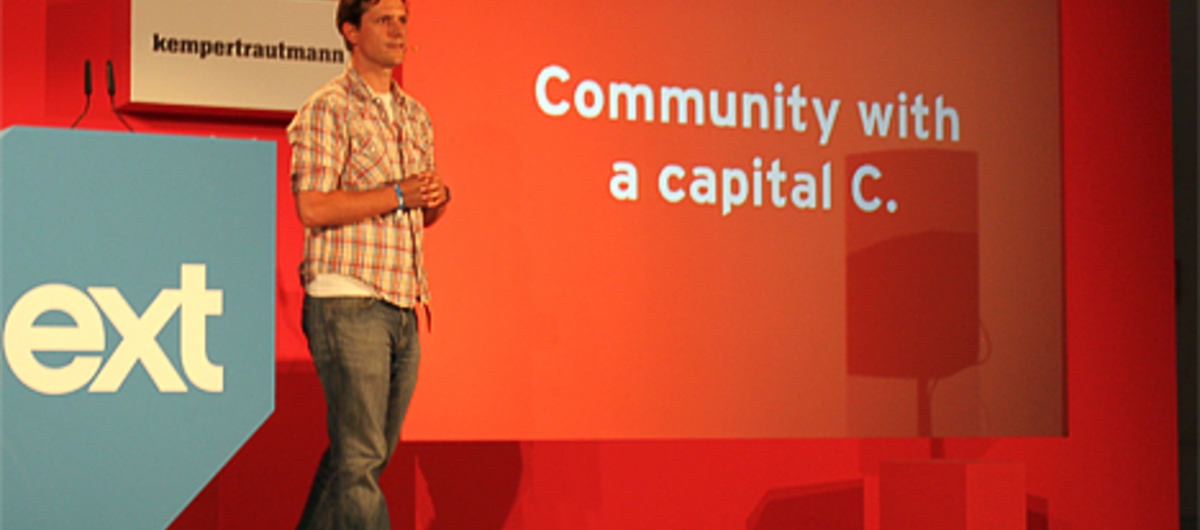David recently spoke at the Next Conference about how SoundCloud has fostered community growth. We’ve taken his main points, and interpreted them through a coworking lens.
Have a product which solves a problem, is easy to use and encourages participation
It sounds obvious, but when you think about all the unnecessary and complicated products and services offered by banks, insurers and phone companies, you can see why they don’t have inclusive communities. Instead, they get a lot internet forums which try to solve related problems in isolation; these turn out to be one of the best ways to convince people not to use their services at all.
Having a simple and enjoyable service that engages with its users is key. This is the reason that SoundCloud grew, and it’s also why coworking is blossoming.
Have simple price plans, avoid hiding extra costs in fine print
Some coworking spaces have rather detailed price plans with colourful names and a lot of add-ons to pay for. Are they really the best way to communicate the cost of your service? Make it simple, bundle them in a few packages and include services on fair-use base instead of asking to pay for every coffee or print out.
A community is based on trust. If your members are going to trust you, you've got to start trusting them too. Don't put everything in fine print. Make your terms of use easy to understand. If some members cheat you, you can easily show them the door to the exit. Swindlers find a way even with the most comprehensive agreement.
Respond fast, be honest and transparent
SoundCloud introduced a policy of replying to every email as soon as possible. Coworking spaces should likewise respond to coworkers as soon as an issue arises. Problems shouldn’t be hushed up – rather, a community responds well to honesty, and they feel they are included in the improvement process if you keep them up to date and seek their feedback.
Allow users to “own” the progress
Improving a website is about fixing bugs, adding features and improving systems. Soundcloud responded to user feedback about making it easier to share music, adding creative commons agreements, and other features. David says people want to feel they are contributing to the progress and are part of the journey. Coworking space communities can achieve this kind of progress ownership even more effectively than online businesses.
Be patient, place dots and turn dots into a line
Give yourself some goals, take note of important milestones when you reach them. And celebrate them with your members!
Allow your community to know each other better
Nurture relationships between users by organizing events and building an internal communication and profile system, so they get in easier in touch even if they don't know each other yet. Encourage your members to set up their own events in your coworking space; SoundCloud does this by enabling its members to organize their own meet-ups in their own cities - so far with 800 meet-up communities worldwide. A community exists when users interact with each other, not just with you.









